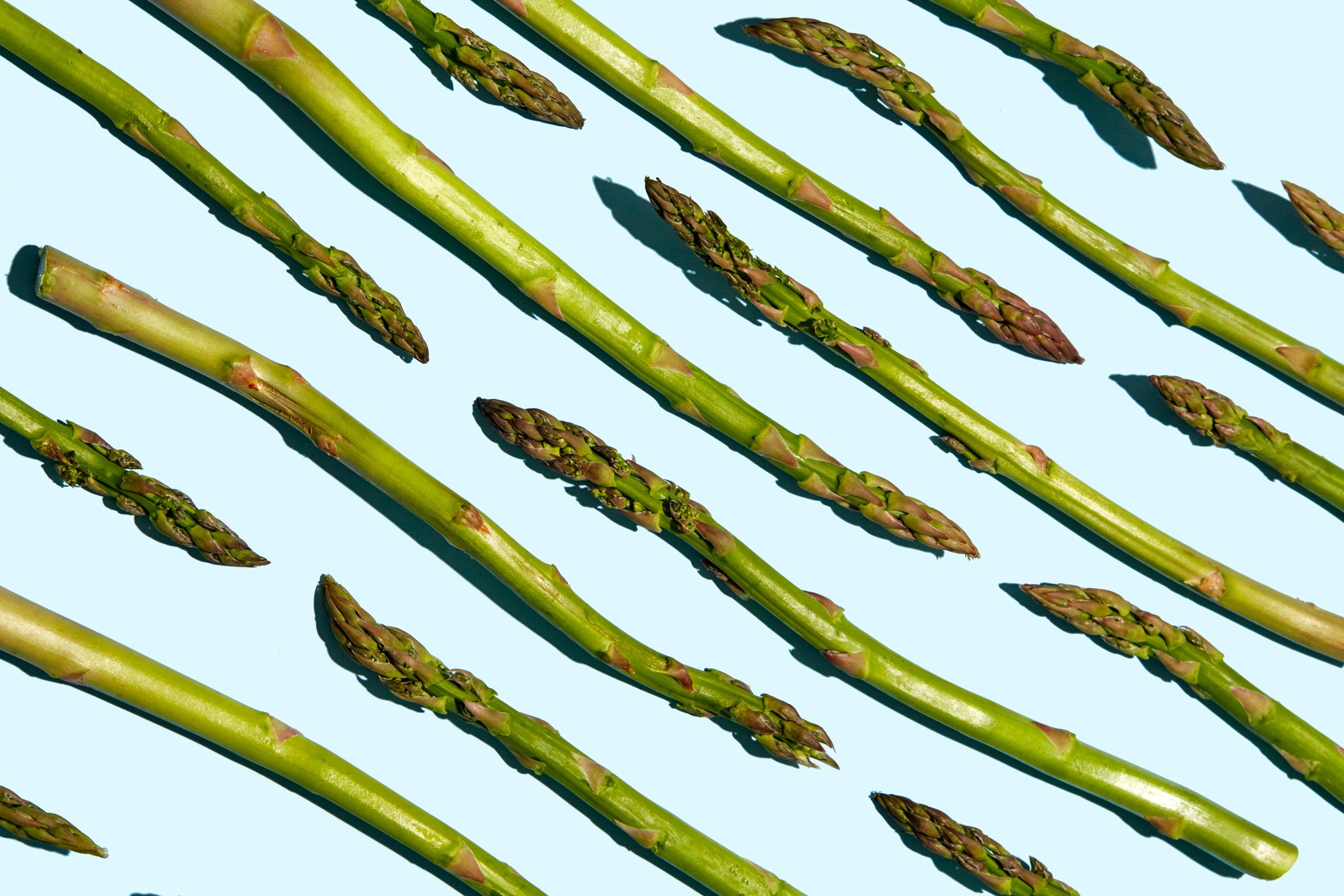
The Mediterranean diet is consistently heralded as one of the most healthful eating styles. It’s heavy on produce, nuts, whole grains, olive oil and lean protein, and light on red meat, processed foods and refined sugars. But a new study finds that vegetarian diets may be just as good at keeping your heart healthy, according to a study published in the journal Circulation.
For the study, a group of Italian researchers recruited 100 overweight but healthy adults with low-to-moderate cardiovascular risk profiles. Half the group started on a Mediterranean diet, while the other started on a lacto-ovo-vegetarian diet, which eliminates meat and fish but includes eggs and dairy. After three months, they switched. During and after both phases of the study, everyone had regular health screenings.
Both diets, the researchers found, were good for people’s heart health — but in different ways. The vegetarian diet led to a more substantial drop in the “bad” LDL cholesterol that contributes to plaque build-up in the arteries, which is a risk factor for heart attack and stroke. The Mediterranean diet, meanwhile, led to a greater drop in triglycerides, which at elevated levels can be a risk factor for the same conditions.
“We were able to show that if a person follows for three months … either a lacto-ovo or a Mediterranean diet, they are both beneficial for reducing cardiovascular risk factors,” says study author Francesco Sofi, an associate professor of food science and clinical nutrition at the University of Florence in Italy.
The researchers also found that both diets led to modest decreases in body weight and body fat. On each plan, people lost an average of four pounds overall, three of them from fat.
The findings aren’t entirely shocking since, as an accompanying editorial notes, the two eating styles have plenty of overlap. They’re both heavy on whole grains, produce, legumes and nuts, though vegetarians tended to make up for lost meat and fish with extra beans, nuts, eggs and dairy products, according to the study.
Still, the eating plans are different enough to underscore the fact that there’s no such thing as a universal “best” diet, and that there are plenty of ways to achieve good health through food.
“We have now two options in terms of the prevention of cardiovascular and also other diseases,” Sofi says. “They are both quite equally beneficial.”
More Must-Reads from TIME
- Why Trump’s Message Worked on Latino Men
- What Trump’s Win Could Mean for Housing
- The 100 Must-Read Books of 2024
- Sleep Doctors Share the 1 Tip That’s Changed Their Lives
- Column: Let’s Bring Back Romance
- What It’s Like to Have Long COVID As a Kid
- FX’s Say Nothing Is the Must-Watch Political Thriller of 2024
- Merle Bombardieri Is Helping People Make the Baby Decision
Write to Jamie Ducharme at jamie.ducharme@time.com